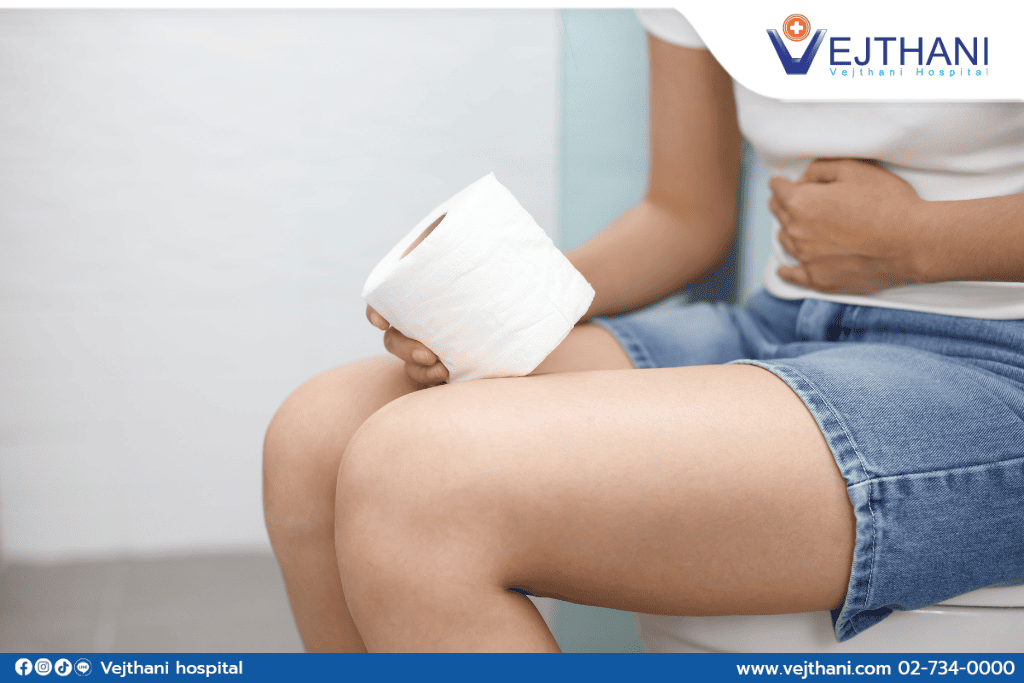Precision Screening for Lung Cancer: Early Detection with EBUS
A chronic cough, difficulty breathing, or unusual fatigue may seem like minor symptoms that many people overlook—often mistaking them for just a cold or allergies.

The World Health Organization (WHO) has declared cholera a major global emergency following a surge in cases worldwide, necessitating immediate action to halt the spread. In Thailand, cholera outbreaks have been reported intermittently in some areas, but no deaths have been reported.
Cholera is preventable through key preventive measures, including improving water and sanitation systems to ensure cleanliness, as well as administering vaccines to prevent outbreaks.
Dr. Warinthip Mahapasuthanon, an infectious disease specialist at Vejthani Hospital, explains that cholera is an intestinal infection caused by bacteria called Vibrio Cholerae, which can produce a toxin called Cholera toxin. This toxin stimulates the intestines to release large amounts of water and minerals, causing severe diarrhea and dehydration. Cholera can spread rapidly through the consumption of contaminated water or food and is commonly found in areas lacking sanitation or having water management issues.
The causes and factors of cholera are caused by consuming water or food contaminated with Vibrio Cholerae, such as unclean drinking water, undercooked food, contaminated seafood, such as raw or undercooked seafood from contaminated water sources, poor hygiene, and contact with contaminated feces, especially in areas with poor sanitation, such as open defecation and contaminated water sources. These are the primary factors that lead to cholera. In addition, risk factors that increase the chance of infection are being in an endemic area, consuming food and water that may be contaminated from high-risk areas, and vulnerable groups with low immunity, such as young children, the elderly, or people with underlying health conditions.
Cholera symptoms range from no symptoms at all to severity, such as severe diarrhea, watery stools resembling rice water, and possibly vomiting, causing rapid dehydration, rapid heartbeat, low blood pressure, and, in severe cases, shock. Additionally, some infected people with mild or no symptoms can still spread the infection. The main treatment for cholera is to prevent dehydration by replenishing fluids and electrolytes lost through diarrhea and vomiting, as well as eliminating the bacteria from the body.
The key is to maintain good hygiene and proper management of water and the environment, as cholera spreads easily through contaminated food or water. If experiencing acute diarrhea along with vomiting, seek medical attention immediately for treatment to prevent the spread of the disease and potential complications.
Internal Medicine Center, Vejthani Hospital
Call: (+66)2-734-0000 Ext. 2200, 2204
English Hotline: (+66)85-223-8888

Internal Medicine
Infectious Disease